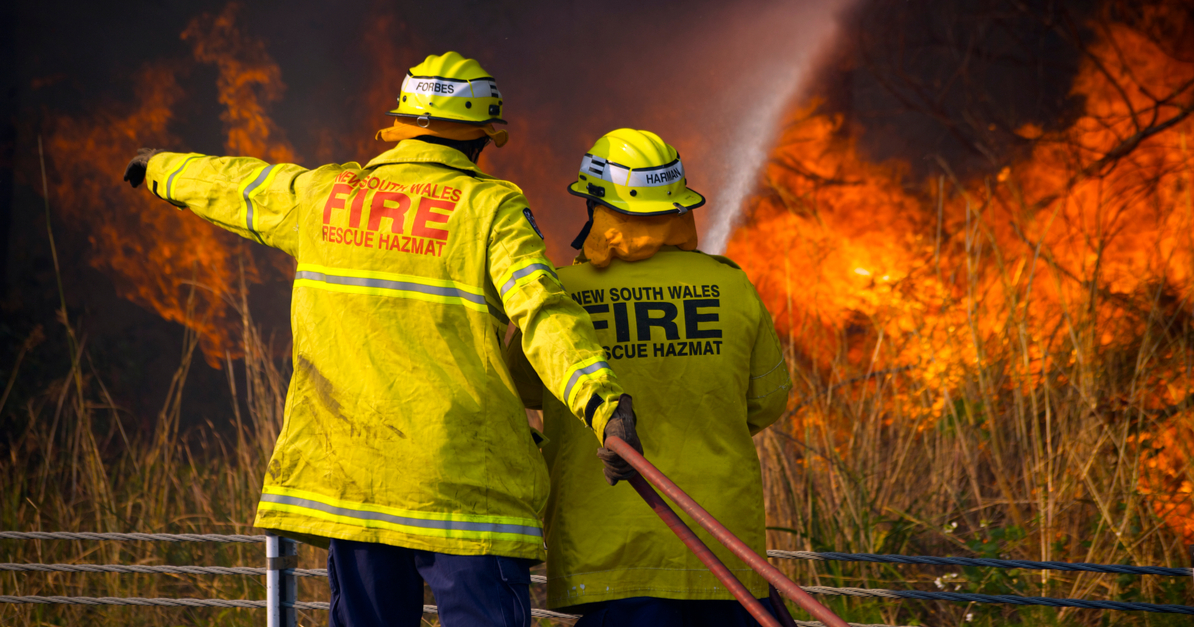Learning From The Mistakes of Others
One of my favourite sayings is “learn from the away game”. We all understand that we can and should learn from our own mistakes but how often do we think about learning from the mistakes of others?
Earlier this week, one of the pre-eminent social media platforms went offline and left millions of people unable to communicate with one another. Users of Facebook, Instagram, WhatsApp and Messenger were denied access and it took more than five hours before services would begin to be restored.
On the face of it, we as users simply faced a delay in accessing these services and like many, I expected that eventually the systems would come back online and I would be able to catch up on my daily intake of information. However, this outage had a much deeper impact on some businesses including the Facebook business itself.
People rely on Facebook not only to connect with friends and family, but businesses use it to log into other services including online sales websites. In some countries, it is the dominant means of communication through services like WhatsApp. That an outage can have such a profound impact on billions of people for several hours will give some pause for thought.
Facebook’s own internal services were affected by the outage with reports staff were locked out of offices due to the security pass system being caught up in the outage, and could not access their own internal communications platform leading to delay in rectifying the problem and slow return to full capacity.
The total cost of this outage is unknown however the Facebook share price dropped 4.9% and the founder and CEO’s personal wealth dropped $6.5bn according to Bloomberg.
So, what is the lesson to be learnt here?
The lesson here is understanding where your single points of failure are, knowing, and managing the consequences.
Failure to identify these can lead to dramatic and drastic consequences that have financial, legal and reputational implications. I can attest to this from a personal experience whilst working for an organisation that developed an App designed to notify the community of emergency events as they occurred. The App failed when it was most needed due to a single point overload.
The single point failure was not identified in the risk assessment and consequently, there were no actions identified to be carried out to address the potential single point failure in the emergency management plan. The recovery from this situation was expensive with significant reputational damage.
Recovering from any setback is a challenge for all of us. Identifying possible systemic failures in your business systems and infrastructure then planning how you would go about addressing these will make a big difference to your business.
Nuffield Group has invested in developing its capability in Emergency and Crisis Management to support customers and organisations build safety and resilience in their business.
Nuffield Group provides consultancy and advisory services and also has an online platform, GNTX, for the exchange of non-competitive information and tools allowing businesses to share, download and modify frameworks and documents for their own use.
Find out more about GNTX here: https://www.nuffieldgroup.com/gntx/

 Photo by Elisa Ventur on Unsplash
Photo by Elisa Ventur on Unsplash Photo by Josh Olalde on Unsplash
Photo by Josh Olalde on Unsplash